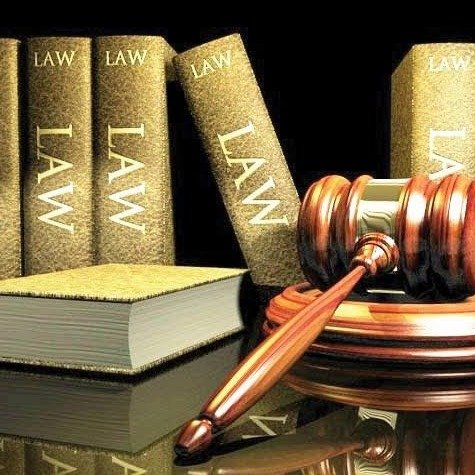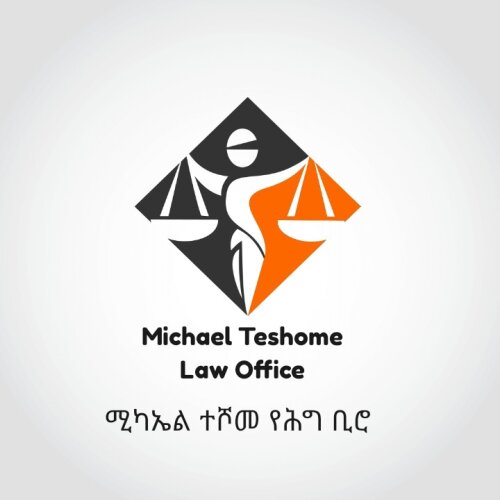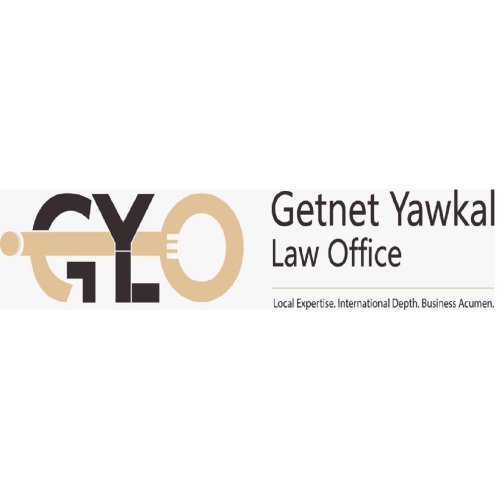Best General Litigation Lawyers in Ethiopia
Share your needs with us, get contacted by law firms.
Free. Takes 2 min.
Or refine your search by selecting a city:
List of the best lawyers in Ethiopia
About Litigation Law in Ethiopia
Litigation in Ethiopia refers to the process of taking legal action to enforce or defend a right in court. It involves a range of processes, including the filing of lawsuits, pre-trial negotiations, courtroom battles, and the final resolution of the dispute. The Ethiopian legal system is based on civil law, heavily influenced by the French Napoleonic Code and traditional Ethiopian law. Its litigation framework provides a structured process for resolving disputes, ranging from commercial disagreements to personal injury claims.
Why You May Need a Lawyer
There are several situations where you might require legal help in the field of litigation in Ethiopia:
- Contract disputes involving breach of terms or conditions.
- Personal injury claims arising from accidents or negligence.
- Family law issues, such as divorce or child custody battles.
- Property disputes, including land ownership and lease disagreements.
- Employment-related disputes or wrongful termination cases.
- Criminal defense against charges brought by the state.
- Intellectual property disputes over copyrights, patents, or trademarks.
- Business litigation for issues like partnership disputes or corporate litigation.
Local Laws Overview
Ethiopian litigation laws are governed by several key legal codes, notably the Civil Code, the Criminal Code, and the Civil Procedure Code. Important aspects to consider include:
- Civil Procedure Code: This code outlines the rules for civil litigation, including how cases are filed, the conduct of trials, and how judgments are enforced.
- Appeals Process: Parties can appeal certain court decisions to higher courts, such as the Supreme Court of Ethiopia, which serves as the final appellate body.
- Limitation Periods: The time limits for filing claims differ based on the type of litigation, making timely legal action crucial.
- Mediation and Arbitration: Ethiopian law encourages alternative dispute resolution mechanisms, which are often faster and less formal than court litigation.
Frequently Asked Questions
What is the first step in filing a lawsuit in Ethiopia?
The first step is filing a statement of claim with the competent court, along with the necessary supporting documents and payment of court fees.
Can anyone represent themselves in Ethiopian courts?
While individuals can represent themselves, having a lawyer is highly recommended due to the complexity of legal procedures and potential litigation strategies involved.
How long does litigation typically take in Ethiopia?
The duration varies widely depending on case complexity, court schedules, and willingness of parties to negotiate. Typical cases can take months to several years to resolve.
Is there a statute of limitations for filing lawsuits?
Yes, the statute of limitations varies based on the type of case. For example, contractual litigation typically has a limitation period ranging from two to ten years.
What are the typical costs associated with litigation?
Costs can include court fees, legal representation fees, and sometimes costs for expert witnesses or investigations. These can vary significantly.
Can I appeal a court decision?
Yes, an appeal can be made if there are legal grounds. Appeals must be lodged within a specific timeframe set by the law, typically 30 days after the judgment.
What is the role of mediation in Ethiopian litigation?
Mediation is an alternative dispute resolution process encouraged by Ethiopian law. It aims to resolve disputes amicably without the need for a formal trial.
Are court rulings in Ethiopia public?
Court decisions are generally public unless specific exemptions apply, such as cases involving national security or minors.
How effective is enforcement of court judgments?
Enforcement mechanisms are in place, but effectiveness can vary. The judgment creditor may need legal assistance to enforce a ruling.
What happens if one fails to comply with a court order?
Failure to comply can result in enforcement actions, such as asset seizures or, in some cases, contempt of court charges.
Additional Resources
If you're seeking legal advice in litigation, the following resources may be of help:
- Federal Attorney General's Office: Offers oversight and guidance on legal matters in Ethiopia.
- Ethiopian Bar Association: Provides information and support for finding qualified legal professionals.
- Federal Supreme Court of Ethiopia: Offers resources and updates on court practices and decisions.
Next Steps
If you need legal assistance, consider these steps:
- Research and identify a qualified lawyer with experience in the type of litigation you're facing.
- Schedule a consultation to discuss your case and understand your legal rights and obligations.
- Gather any relevant documents and evidence that may support your case and present them to your lawyer.
- Discuss and agree on a litigation strategy, including possible settlement options through mediation.
- Ensure clear communication with your lawyer throughout the process to effectively navigate your case.
Lawzana helps you find the best lawyers and law firms in Ethiopia through a curated and pre-screened list of qualified legal professionals. Our platform offers rankings and detailed profiles of attorneys and law firms, allowing you to compare based on practice areas, including General Litigation, experience, and client feedback.
Each profile includes a description of the firm's areas of practice, client reviews, team members and partners, year of establishment, spoken languages, office locations, contact information, social media presence, and any published articles or resources. Most firms on our platform speak English and are experienced in both local and international legal matters.
Get a quote from top-rated law firms in Ethiopia — quickly, securely, and without unnecessary hassle.
Disclaimer:
The information provided on this page is for general informational purposes only and does not constitute legal advice. While we strive to ensure the accuracy and relevance of the content, legal information may change over time, and interpretations of the law can vary. You should always consult with a qualified legal professional for advice specific to your situation.
We disclaim all liability for actions taken or not taken based on the content of this page. If you believe any information is incorrect or outdated, please contact us, and we will review and update it where appropriate.
Browse general litigation law firms by city in Ethiopia
Refine your search by selecting a city.

















